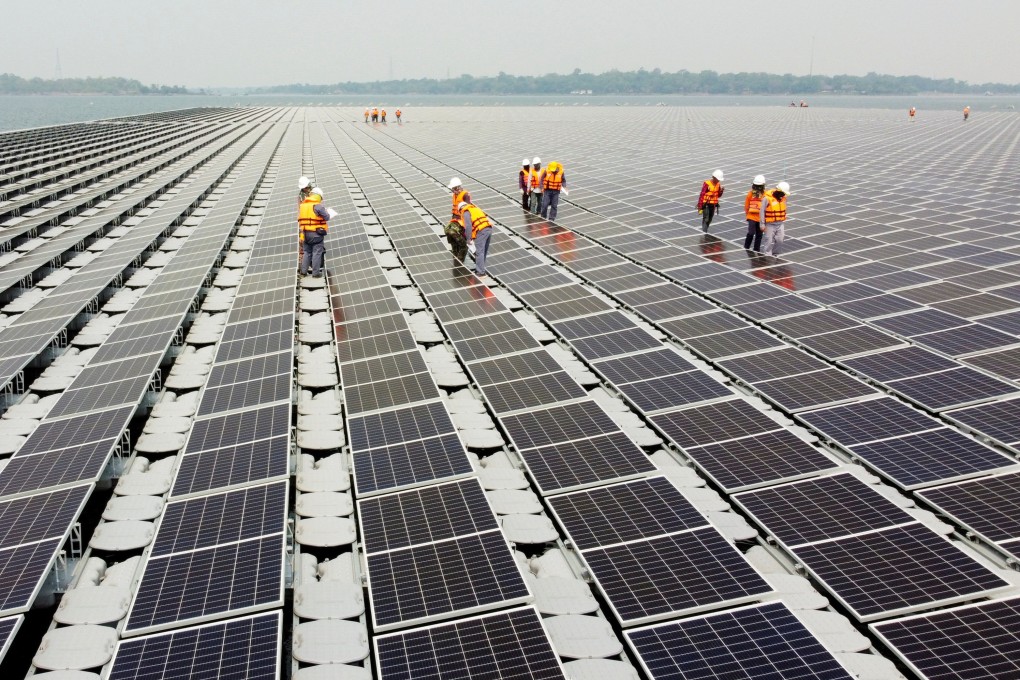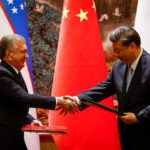U.S. Faces Pressure to Curb 400% Surge in Asian Solar Imports Amid Trade Tensions

The U.S. solar industry is facing mounting political and economic pressure as imports of solar panels and components from Southeast Asia have surged by over 400% in recent months. Lawmakers and domestic manufacturers are urging the Biden administration to take swift action, citing the surge as a threat to America’s clean energy independence and domestic production capacity.
The spike in imports—primarily from countries like Cambodia, Malaysia, Thailand, and Vietnam—follows a two-year pause on tariffs implemented in 2022, which temporarily allowed solar shipments from those nations to bypass duties while the U.S. ramped up its domestic supply chain. That pause expired in June, but the flood of pre-deadline imports has raised alarms across Washington.
“This is a loophole that’s undermining U.S. manufacturing,” said one senior Senate aide. “We’ve got billions of taxpayer dollars going toward building solar factories here at home, yet we’re being flooded with cheap panels from abroad.”
The Biden administration has heavily promoted renewable energy as a cornerstone of its economic and climate agenda, with the Inflation Reduction Act offering billions in subsidies and tax credits for solar development and domestic manufacturing. However, U.S.-based solar manufacturers argue that unfair competition from subsidized Asian products—especially those linked to Chinese companies operating in Southeast Asia—is impeding growth and jeopardizing thousands of American jobs.
Trade groups and lawmakers are now pushing for tighter enforcement of anti-dumping rules and a possible reinstatement of tariffs. Some are also calling for new legislation that would close loopholes and more clearly define the origin of solar products.
At the same time, utility companies and solar developers warn that reintroducing strict tariffs too soon could disrupt supply chains and stall renewable energy projects that are already facing delays due to permitting issues and grid interconnection bottlenecks.
The U.S. Commerce Department is currently conducting investigations into solar imports from Southeast Asia to determine whether Chinese firms are circumventing tariffs. A final decision is expected later this year.
With climate goals and industrial policy now on a collision course, the Biden administration faces a complex balancing act: protecting domestic solar jobs without slowing the nation’s transition to a greener grid.

















